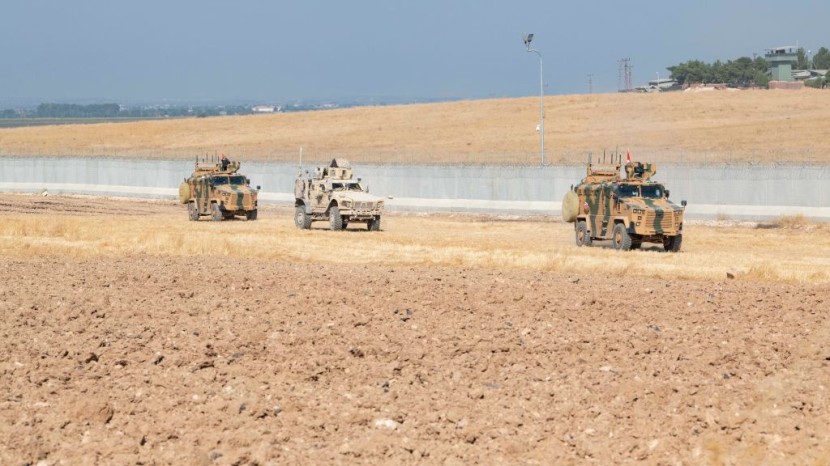
In an unprecedented move, Democrats are reportedly aiming at President Biden's War Powers and just to what extent he can wield them. The focus of lawmakers is to define how far presidential powers extend. Albeit, this was not an issue when Trump was president as he was the first President in years not to start a foreign conflict during his term.
Is there a reason why Biden's war powers must be monitored?
As stated above, in the four years of the Trump Administration, the focus was on downsizing the number of U.S. troops overseas. Trump was seemingly successful; however, once Biden took office, he began to push to keep soldiers stationed abroad. Not to mention that before taking office, Biden criticized Trump for removing troops from warzones.
Some assume that the motivation behind this bold move is President Biden's obvious cognitive difficulties. Perhaps certain lawmakers feel that he isn't fit to possess sole control over America's war-making capabilities. Nonetheless, Democrats are spinning the narrative to suggest that the U.S. could have avoided the past three major conflicts if Congress was required for approval.
According to The Hill, both parties feel that it's time to monitor and maybe even intervene on the president's authority. The timing comes as control of the nuclear football is being questioned, as reported Newsmax.
For certain members of both parties, the issue is a thorny one. Republicans who denounce President Biden's policies are cautious of setting a precedent of restricting the president's military force authorization, a move that has never been done in the history of the U.S.
Certain House members want Congress to overwatch what military matters should be approved; this also includes foreign policy matters.
Sen. Chris Coons, D-Del., said that the move to control war powers is relevant. Referring to the middle east conflicts of 2001 and 2003 as examples, even though that was roughly 20 years ago. Still, he feels that the House must discuss President Biden's war powers.
Trump Brought 'Nuclear Football' Briefcase to the Hospital as He Fought COVID-19
The 3 Previous Authorizations for the Use of Military Force (AUMF)
- The Gulf War -1990-91
- 9/11 Retaliation, (OEF) - 2001-14
- The Iraq War, (OIF) - 2003-11
The biggest challenge, legislators say, will be working out how to deal with the 2001 authorization. Congress passed it just days after the terrorist attacks on the US.
The authority has been expanded to cover military operations in 19 countries and against several militant groups and was used extensively on groups that did not exist prior to September 11, 2001.
Sen. Bob Menendez, D-N.J, and Sen. Todd Young, R-Indiana, also suggested the 2001 AUMF be "revised" and agree that doing so would be challenging.
"The administration is open to reviewing some of these issues," Young said. "Abandoning the '02 and '91 AUMF would be far more difficult."
The Biden administration appears to be open to overhauling military approvals, which comes as no surprise, as the administration seems to be set on changing everything about the United States.
White House Press Secretary Jen Psaki said that the administration is committed to working with Lawmakers regarding the AUMF. And look to ensure that the established approvals for the use of military power be replaced with a narrow and specific framework.
Democrats said they are in early discussions with administration officials about rewriting the 2001 authorization.
Also From HNGN
Nuclear Arms Race Between US and Russia Looms If No New Treaty is Signed








